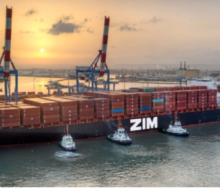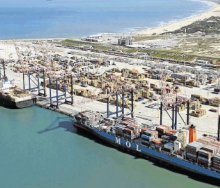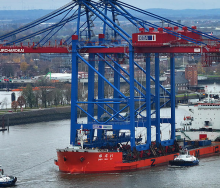Chinese goods with a value of US$800 or less imported into the US could result in significant volume losses for the airfreight sector if the incoming administration of Donald Trump proceeds with plans to scrap de minimis duty exemptions.
According to Judah Levine, research head at shipping platform Freightos, there’s a real likelihood that Trump will finish what the current administration of Joe Biden started – tightening import control on express parcel goods.
For the most part, e-commerce parcels shipped to the States originate in China.
Levine has said what Garry Marshall of the South African Express Parcel Association has also said, that doing away with de minimis efficiencies to speed up fast-moving cargo, adds a layer of tariff complexity that is against the spirit of e-commerce.
Levine warns that if Trump includes e-commerce in the tariffs he intends to impose on countries like China, it will not only slow goods down because of conventional customs processes but could increase related costs from about $15 to $50.
Cargo platform Xeneta believes, as Marshall does, that e-commerce has become “an unstoppable tsunami”, and that demand will continue to set the course for the cargo industry.
But Brandon Fried of the US AirForwarders Association, said for e-commerce momentum to accelerate unhindered, de minimis exemption should be kept in place.













